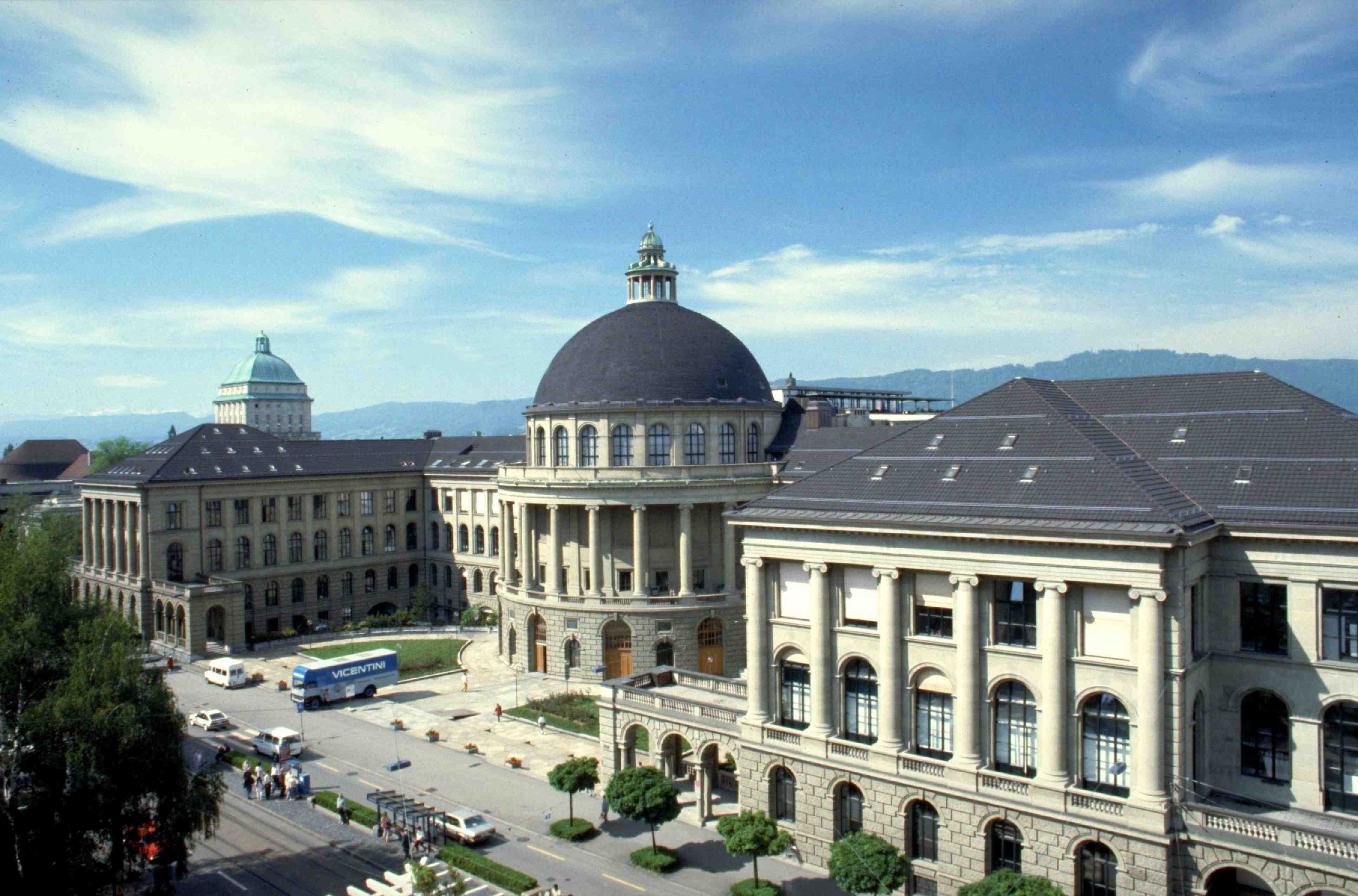|
|
OCL 2011 International Workshop on OCL and Textual Modelling
Zurich - Switzerland, 29 June 2011 |

|
|
Modelling started out with UML and its precursors as a graphical notation. However, graphical notations were found to have limitations in terms of specifying detailed aspects of a system design and in terms of processing and managing models. Limitations in using graphical languages include: specifying detailed behaviour; linking models to other traditional languages; making models executable; model transformation; extensions to modelling languages; model management. Many of these limitations have been addressed in recent years by proposals for textual modelling languages that either integrate with or replace graphical notations for modelling. Typical examples of such languages are OCL, textual MOF, Epsilon, Alloy, etc. The motivation for this workshop is to bring together researchers and practitioners in textual modelling to report advances in the field, to share results, to identify common areas and potential for integration, and to identify common tools for developing textual modelling languages, with a view to advancing the state-of-the art.In particular the workshop will provide a forum for existing textual modelling standards such as OCL to be debated and the intention is that the workshop will engage with the appropriate standards bodies to disseminate practitioner requirements and to report research results.
The workshop will be organized as a part of TOOLS Europe 2011 Conference in Zurich, Switzerland. It continues the series of OCL workshops held at UML/MODELS conferences: York (2000), Toronto (2001), San Francisco (2003), Lisbon (2004), Montego Bay (2005), Genova (2006), Nashville (2007), Toulouse (2008), Denver (2009) and Oslo (2010). Similar to its predecessors, the workshop addresses both people from academia and industry. The aim is to provide a forum for addressing integration of OCL and other textual modelling languages, as well as tools for textual modelling, and for disseminating good practice and discussing the new requirements for textual modelling. Topics of interest include, but are not limited to:
Two types of papers will be considered: short papers (up to 10 pages) and full papers (up to 20 pages). All papers must follow the Lecture Notes in Computer Science (LNCS) guidelines and be uploaded to the Submission system (EasyChair). The program committee will review the submissions (minimum 2 reviews per paper) and select papers according to their relevance and interest for discussions that will take place at the workshop. Accepted papers will be first published online in the workshop webpage. It is planned that polished versions of accepted papers will be published in the Electronic Communications of the EASST.
Workshop welcome
[ Slides(PPT) ] Session #1: OCL
[ PDF, Slides (PPTX) ] [ PDF, Slides (PDF) ] [ PDF, Slides (PDF) ] [ PDF, Slides (ODP) ] [ PDF, Slides (PDF) ] [ PDF, Slides (ODP) ] Session #2: Textual modelling and applications
[ PDF, Animated slides (SVG), Static slides (PDF) ] [ PDF, Slides (PPTX) ] [ PDF, Slides(PPTX) ] Session #3: Community and discussion
[ PDF, Slides (PDF) ] Meeting minutes: [ PDF ]
The TOOLS Europe 2011 conference and workshops will be colocated with ICMT 2011, TAP 2011 and SC 2011, and hosted at the premises of the ETH in Zurich during the week of June 27 - July 1, 2011. TOOLS Europe will happen between Tuesday 28 and Thursday 30. For further details about the location and the accommodation available for the conference visit http://tools.ethz.ch/ All TOOLS Europe 2011 participants should register in advance for the event. Further information about the registration is available at http://tools.ethz.ch/. |
News: For further information OCL 2011 is co-located with: TOOLS Europe 2011, ICMT 2011, TAP 2011 and SC 2011. Last updated: May 23, 2011 |
|||||||||||||||||||||||||||||||||||||||||||||||||||||||||||||||||||||
|
|
